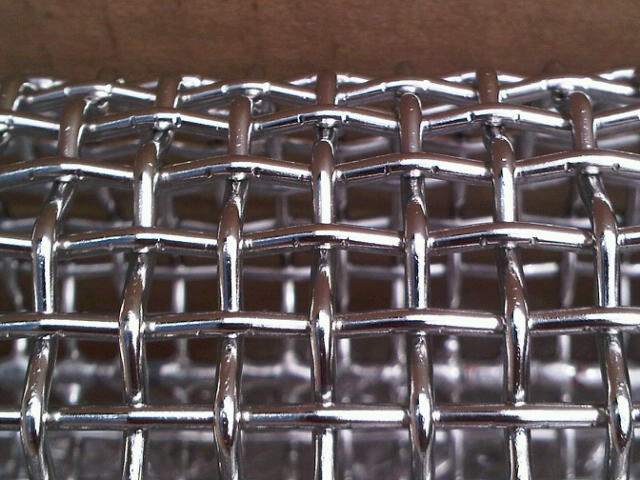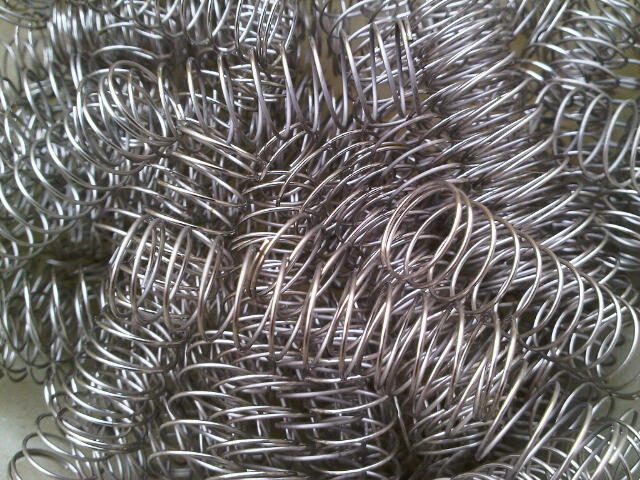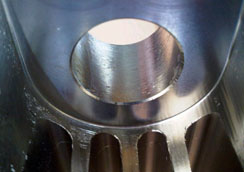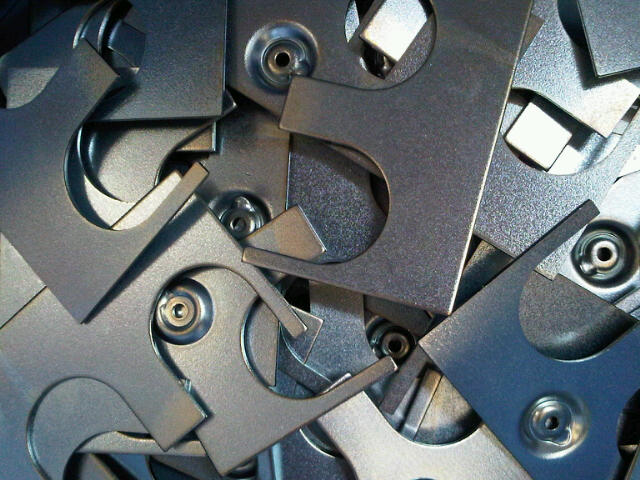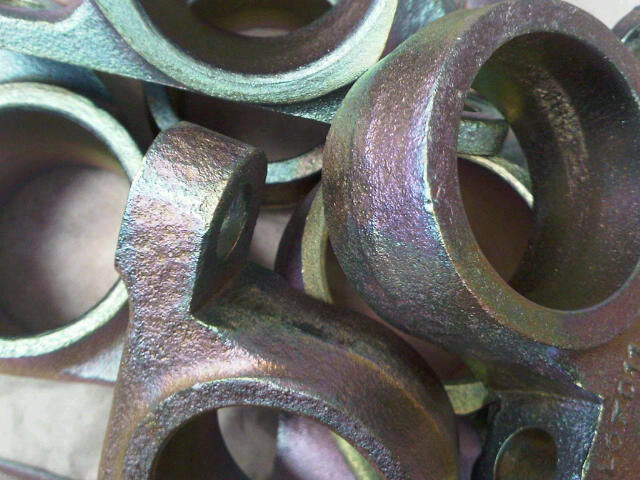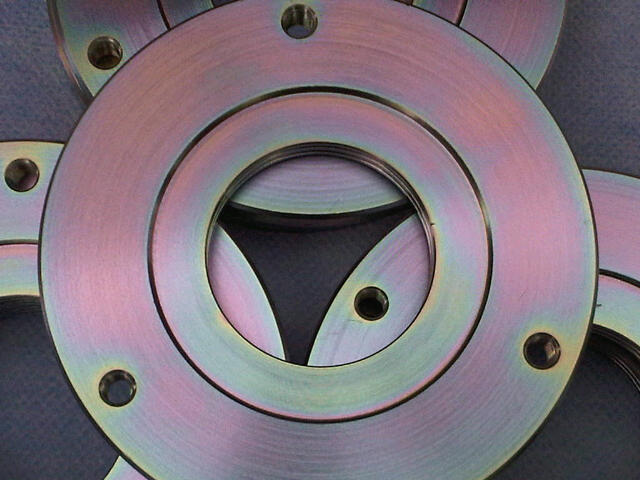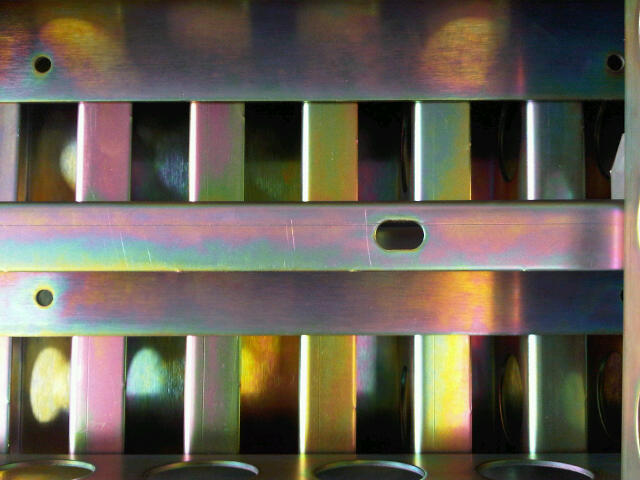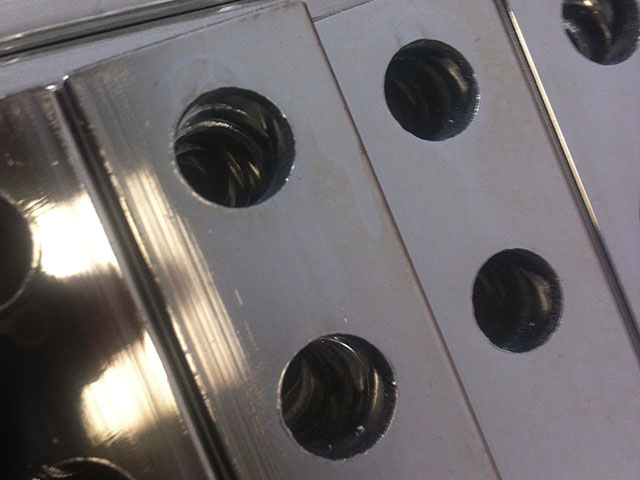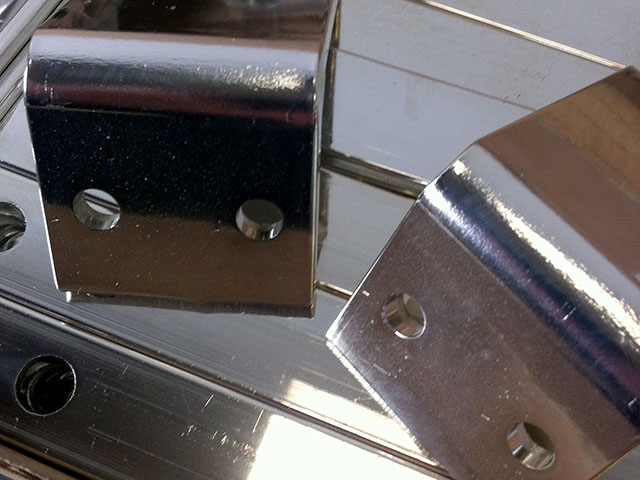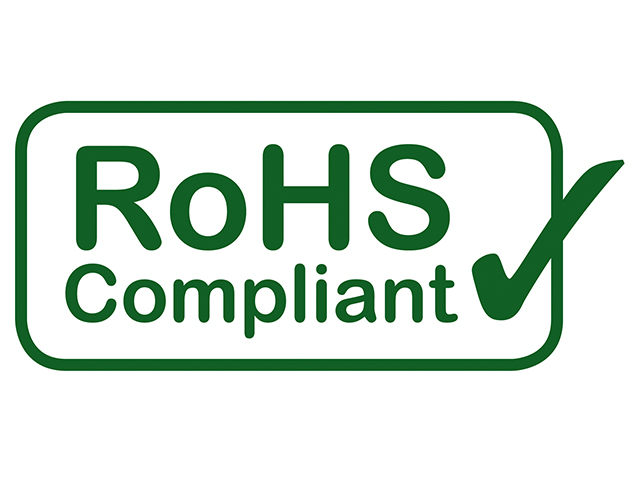 RoHS is the acronym for Restriction of Hazardous Substances. RoHS, also known as Directive 2002/95/EC, originated in the European Union and restricts the use of specific hazardous materials found in electrical and electronic products.
RoHS is the acronym for Restriction of Hazardous Substances. RoHS, also known as Directive 2002/95/EC, originated in the European Union and restricts the use of specific hazardous materials found in electrical and electronic products.
All applicable products in the EU market after July 1, 2006 must pass RoHS compliance.
What are the restricted Materials mandated under RoHS?
The substances banned under RoHS are lead (Pb), mercury (Hg), cadmium (Cd), hexavalent chromium (CrVI), polybrominated biphenyls (PBB), andpolybrominated diphenyl ethers (PBDE).
Why is RoHS compliance important?
The restricted materials are hazardous to the environment and pollute landfills, and are dangerous in terms of occupational exposure during manufacturing and recycling.
If you require more information about RoHS, please do not hesitate to contact us.
The Waste Electrical and Electronic Equipment Directive (WEEE Directive) was introduced into UK law in January 2007 by the Waste Electronic and Electrical Equipment Regulations 2006.
The WEEE Directive aims to reduce the amount of electrical and electronic equipment being produced and to encourage everyone to reuse, recycle and recover it.
The WEEE Directive also aims to improve the environmental performance of businesses that manufacture, supply, use, recycle and recover electrical and electronic equipment.
If you are an importer, rebrander or manufacturer of new electrical or electronic equipment, then it's likely that you'll need to comply with the UK's WEEE Regulations, which in part implement the WEEE Directive. If you do need to comply, then you must register on a producer compliance scheme.
You may also have obligations under the WEEE Regulations if you are a business with electrical or electronic equipment to dispose of, or if you sell electrical or electronic equipment.
If you require more information about the WEEE directive, please do not hesitate to contact us.
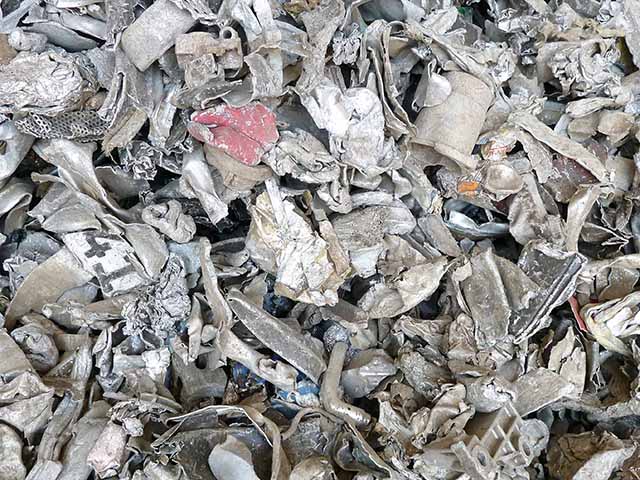 The End of Life Vehicles (ELV) Directive aims to reduce the amount of waste produced from vehicles when they are scrapped.
The End of Life Vehicles (ELV) Directive aims to reduce the amount of waste produced from vehicles when they are scrapped.
Around two million vehicles reach the end of their life in the UK each year. These vehicles are classed as hazardous waste until they have been fully treated.
The directive requires ELV treatment sites to meet stricter environmental standards.
If you require more information about the ELV directive, please do not hesitate to contact us.


